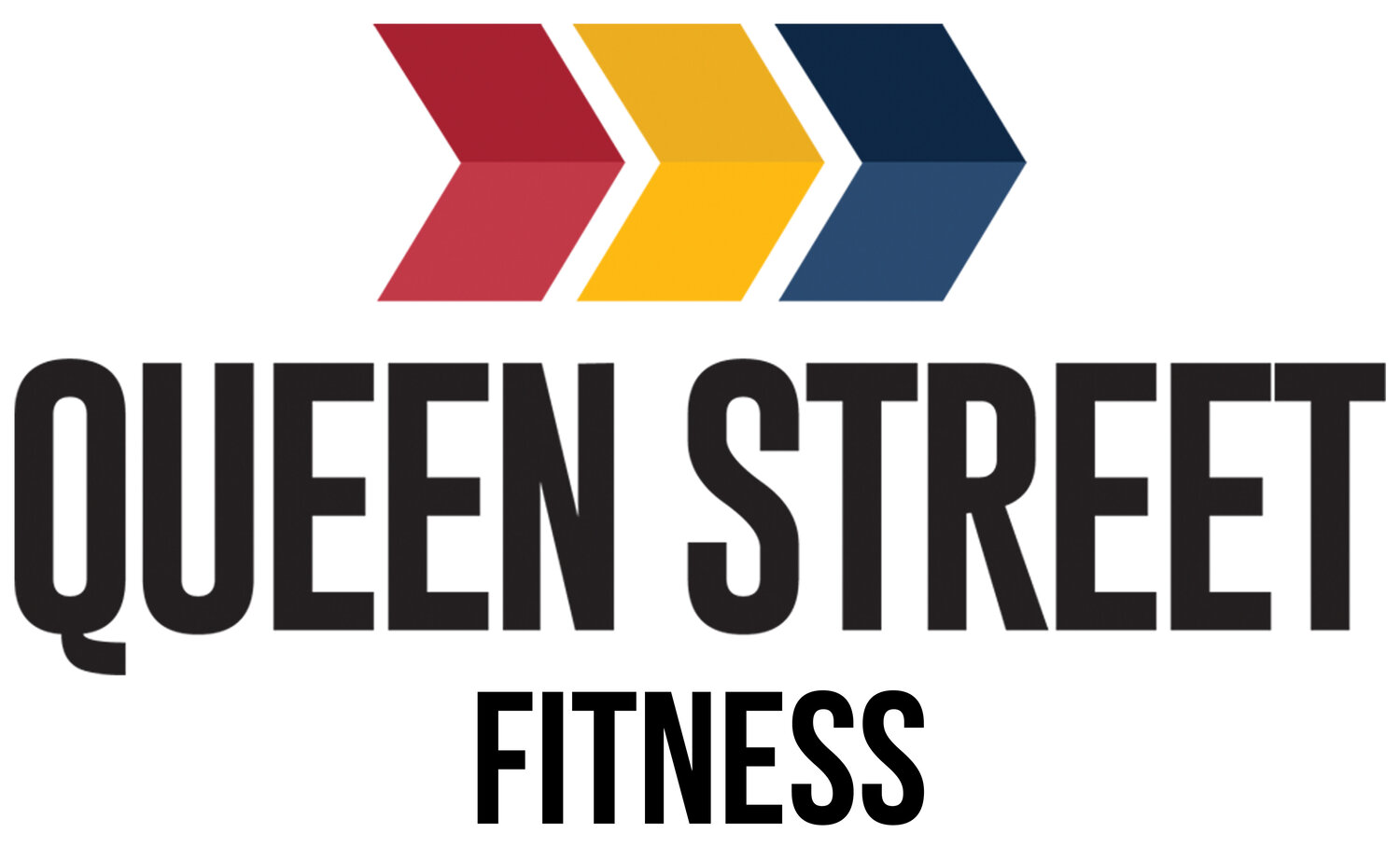DEVELOPING A 'NUTRITION COMPASS'
We want you to develop a better understanding of how to use nutrition for performance so you can get the most out of your training. Unlike training, your nutrition happens outside the gym. The topic of article is encouraging you to establish a ‘nutrition compass,’ or some guiding principles for your own nutrition. What do you want or need your diet to do for you? What is your food philosophy?
If you are looking to change, refine, or audit your diet, a good place to start is to establish what it is you actually want to accomplish, and what your non-negotiables are.
You can establish this by taking some time to think about what you want (or need) out of the food you eat. Jot down some notes so that you can return to this and make changes. Some examples of questions to ask yourself:
- Do I have any allergies or foods I cannot eat?
- Do I need to cook for other people (family, etc.)?
- Do I need to eat on a specific budget?
- Is it important for me to eat socially (e.g. I like to cook and eat meals with my friends/housemates)?
- Do I need my food to fuel specific athletic performance goals?
- Do I want to eat to avoid disease and promote general health?
- Is it important to me to be trying new foods? Do I want my food to always taste/look good?
- Do I want my food to reflect my political values? Do need to feel that my food consumption is ethical? Do I need to know where my food comes from?
- Do I want to gain weight? Lose weight? Change my body composition (i.e. less/more body fat/muscle)
It is ok if some of these things do not matter to you, or if many of them do. Everyone is different. If you have a realistic idea of your individual values and expectations regarding food, it can help give you direction on what nutrition information to listen to, and what to ignore (for instance, if you are eating to fuel athletic performance, it doesn’t make much sense to take advice from someone who is looking to lose weight).
If you can narrow it down, determine the one most important thing to you regarding diet, your ‘true north.’ Reminding yourself of your nutritional ‘true north’ can be helpful when you are in a situation where you may be susceptible to making a food choice that does not align with your values or goals. For example, if your top diet priority is fuelling athletic performance—then if someone offers you a donut at work— you can remind yourself of your ‘true north’ before you either accept or deny the donut. That way, whether or not you eat the donut, you are less likely to regret it or feel as though the donut “happened” to you.
The intent of this exercise is to encourage you be thoughtful about what you eat, and to take ownership of your food choices. Food is not inherently ‘good’ or ‘bad,’ ‘right’ or ‘wrong,’ or even 'healthy' or 'unhealthy.' It is just an opportunity for you to pursue your goals and live by your values.

